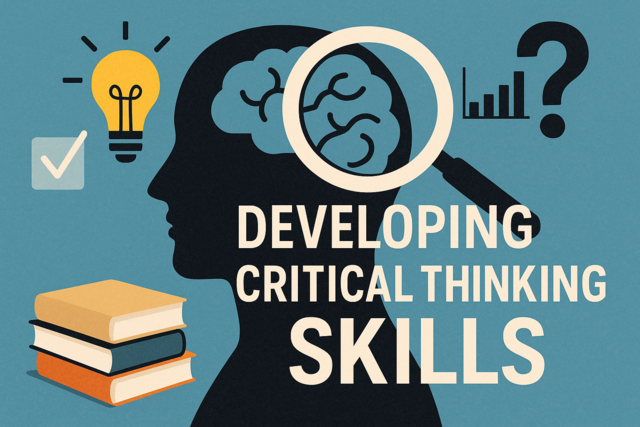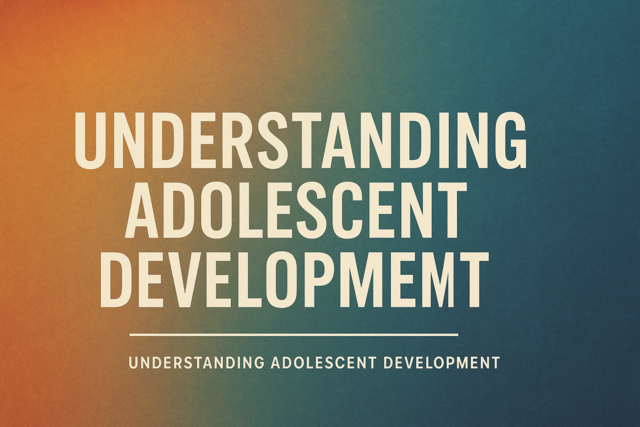Online Class: Global Competence in a Changing World

no certificate
with CEU Certificate*
-
15Lessons
-
22Exams &
Assignments -
4Hours
average time -
0.4CEUs
Course Description
In a rapidly changing world, there is one skill that stands as a beacon to navigate the complex, ever-evolving landscape: global competence. The "Global Competence in a Changing World" course is not just an education; it is a transformative journey that arms you with the insight and tools necessary for comprehensive success in today's dynamic era. Here, you will find yourself not only learning facts but embodying a rich tapestry of understanding that connects every lesson to a real-world application.
Imagine a learning experience tailored for those who wish to bridge divides, whether cultural, social, or economic. This course is an invitation to immerse yourself in a world of diverse narratives, all while learning to traverse the realities of this interconnected globe. Your journey begins with exploring the intricate threads of societal dynamics and geopolitics through transformational education, equipping you to not just navigate but influence and build bridges in diverse landscapes. You'll discover how this knowledge extends far beyond borders, nurturing a profound sense of agency and critical thinking that will accompany you throughout your life.
In this interconnected era, the ability to communicate across cultures with fluency and empathy is not just impactful--it's essential. Our module on Cultural Intelligence and Communication Across Borders is designed to elevate your ability to interact in an increasingly global context. Picture yourself mastering the nuances of cultural narratives, where every conversation is no longer a barrier but a bridge, allowing you to engage fully and authentically with others.
Economic interdependence no longer intimidates; it excites. As you delve into lessons examining the forces of global economic interdependence, you'll grasp the theories and strategies driving the economies of tomorrow. This role of a global citizen--someone prepared to maximize opportunities and innovation across global supply chains--awaits you.
The course's rich and nuanced approach doesn't shy away from the realities of bias and stereotypes. Through these lessons, you'll part ways with assumptions and emerge with informed perspectives, cultivating a deep-seated respect for the richness of cultural diversity. You'll walk away empowered to engage diversity as an asset--and learn to inspire that same attitude in others.
Language, often seen as a barrier, becomes your ally in this course, embodying the spirit of mutual respect and understanding in our module on the intricate mosaic of language and culture. As you master language as a key tool, you'll unlock unprecedented avenues for cross-cultural communication, bridging differences and improving outcomes whether in business negotiations or healthcare settings.
We know that climate change is a pressing issue, and this course tackles it head-on by marrying science with actionable strategies. Imagine equipping yourself to initiate meaningful dialogues and craft solutions galvanizing international collaboration, thus contributing to a sustainable, equitable future.
With every lesson, you will also develop an awareness of the vital role of technology in fostering global understanding, taught to leverage it for collaborations that break down misinformation barriers and promote inclusivity. And as we witness the fluid nature of the workforce, adaptability is championed as a skill, ensuring your preparedness to thrive wherever your career may take you.
To crown your educational experience, you'll journey through topics like migration and storytelling, where the past and present coalesce, highlighting the power of narratives in shaping, and re-shaping, societies. These lessons sculpt you into someone who can harness the power of narrative for personal and professional empowerment.
By the end of your voyage with us, you'll have not just learned but lived the lessons of global competence. This course stands apart as a transformative venture that not merely educates but empowers--born out of a commitment to fostering leaders ready to make impactful, informed decisions in a rapidly changing world. Enroll today, and step confidently into your role as a global changemaker.
- Completely Online
- Self-Paced
- 6 Months to Complete
- 24/7 Availability
- Start Anytime
- PC & Mac Compatible
- Android & iOS Friendly
- Accredited CEUs

Course Lessons
Lesson 1. Navigating Societal Dynamics and Geopolitics Through Transformational Education
Cultural immersion in language studies facilitates tolerance and bridge-building among diverse groups, while global competence becomes a crucial skill set for tackling complex global challenges like climate change and inequity. An interdisciplinary, experiential learning approach engaging with real-world issues outside classroom walls nurtures agency and ongoing reflection, crucial for lifelong global competency.Lesson 2. Cultural Intelligence and Communication Across Borders
Cultural Intelligence and Communication Across BordersLesson 3. Understanding Forces Shaping Our World: Economic Interdependence Beyond Borders
Global economic interdependence is driven by theories like comparative advantage that promote cross-border specialization and trade, along with integrative foreign direct investment strategies. This economic interlinkage fuels innovation, competition, and mutual growth of nations by tapping into comparative strengths and exploring global supply chains.Lesson 4. Bias and Stereotypes in a Multicultural World
Dismantling stereotypes requires inquisitive minds and willingness to understand cultural narratives deeply. Through education and exposure, false assumptions can be replaced by informed perspectives, enhancing intercultural understanding.Lesson 5. The Intricate Mosaic of Language and Culture
Language shapes our worldview, acting as both bridge and barrier in cross-cultural interactions, and mastery of its nuances is key to fostering mutual respect. In global settings, such as business negotiations and healthcare, cultural competence through language proficiency leads to improved communication and outcomes.Lesson 6. Understanding Climate Change: Science, Impact, and Solutions
International collaboration, like the Paris Agreement, is crucial in tackling climate change and its global ramifications, promoting policies that align with sustainable development goals. Education in climate science empowers individuals to partake in meaningful dialogues, advancing a sustainable and equitable future.Lesson 7. The Multicolored Tapestry: Embracing the Dimensions of Diversity
The lesson highlights the importance of embracing cultural, ethnic, and social diversity to thrive in a globalized world by recognizing diverse identities shaping human experiences. Understanding diversity equates to developing skills necessary for intercultural exchange, fostering empathy, and rejecting prejudice, ultimately paving the way for a more inclusive, equitable society.Lesson 8. Harnessing Technology: A Pathway to Global Understanding
The lesson emphasizes digital literacy's impact on societal change, highlighting benefits like global collaborations and challenges such as misinformation. Integrating digital literacy into curricula nurtures future-ready individuals who foster inclusivity and cross-cultural understanding.Lesson 9. The Future is Flexible: Embracing Change in the Modern Era
Cultural adaptability is increasingly important in a globalized workforce, facilitating cross-cultural interactions and collaboration. Professionals equipped with resilience and adaptability can navigate cultural nuances and contribute to inclusive education or business practices.Lesson 10. Empathy and Emotional Intelligence in a Globalized World
In our interconnected world, mastering global communication and cross-cultural competence is crucial for personal and professional success, enabling individuals to navigate diverse cultural norms and communication styles. This understanding fosters effective collaboration and innovation across international boundaries, driven by cultural intelligence and empathy.Lesson 11. Understanding Power Dynamics in an Interconnected World
Cultural influences shape educational values, affecting learning paradigms globally; these insights inform adaptable teaching strategies sensitive to cultural expectations and practices. Recognizing diverse educational systems aligns global competencies with local realities.Lesson 12. Cultural Dimensions and Global Collaboration: A Comprehensive Guide
Cultural competence requires active engagement and emotional intelligence, creating synergy within international teams. This understanding fosters environments where diverse perspectives ignite innovation, essential for navigating complex global markets.Lesson 13. The Ever-Moving Tapestry: Historical and Contemporary Perspectives on Migration
Migration has shaped civilizations through cultural exchange, driven by factors like environmental change and economic pursuits, exemplified by historical movements such as the Bantu-speaking peoples across Africa. Understanding these patterns aids in navigating the complexities of modern interconnected societies.Lesson 14. Global Storytelling: Bridging Cultures Through Narrative
Contemporary digital media has democratized storytelling, bringing diverse voices into the global dialogue and fostering social change. The rise of movements like #MeToo shows the potential for narratives to address systemic issues and promote collective action globally.Lesson 15. Cultural Intelligence and International Business
Global markets compel businesses to anticipate economic and geopolitical shifts, which necessitates rigorous risk assessment and strategic foresight. Building resilience through diversification and technological integration enables organizations to mitigate risks and seize international opportunities.
Learning Outcomes
- Analyze and articulate the interdisciplinary connections necessary for addressing complex global challenges, such as climate change and inequity, through a culturally sensitive lens.
- Define and evaluate the effectiveness of project-based learning centered around sustainable development goals in developing students' global competence.
- Demonstrate the ability to adjust communication styles by comparing cultural norms and power dynamics in multicultural environments.
- Identify strategies for effective negotiation by contrasting negotiation practices across different cultural contexts, focusing on successful cross-cultural interactions.
- Analyze the role of foreign direct investment in fostering economic interdependence by identifying benefits and challenges for host and investing countries.
- Demonstrate an understanding of comparative advantage by explaining how it influences a country's trade decisions with specific examples.
- Analyze real-world scenarios to demonstrate the impacts of cultural biases and stereotypes on professional and educational opportunities.
- Define cultural biases and stereotypes and explain how they influence interactions in a globalized world.
- Define how cultural nuances influence communication by interpreting idiomatic expressions in different languages.
- Demonstrate proficiency in identifying cultural references that impact communication within multicultural professional settings.
- Describe the historical development of climate change awareness, including key scientific contributions and global recognition milestones.
- Identify how human activities have intensified the greenhouse effect and articulate the resulting environmental consequences, such as global temperature rise and sea-level changes.
- Recognize and describe the differences between cultural, ethnic, and social diversity and how they contribute to the richness of human society.
- Demonstrate mastery of lesson content at levels of 70% or higher.
Additional Course Information

- Document Your Lifelong Learning Achievements
- Earn an Official Certificate Documenting Course Hours and CEUs
- Verify Your Certificate with a Unique Serial Number Online
- View and Share Your Certificate Online or Download/Print as PDF
- Display Your Certificate on Your Resume and Promote Your Achievements Using Social Media

Choose Your Subscription Plan
No Certificate / No CEUs
This course only
| Includes certificate | X |
| Includes CEUs | X |
| Self-paced |

|
| Instructor support |

|
| Time to complete | 6 months |
| No. of courses | 1 course |
Certificate & CEUs
This course only
| Includes certificate |

|
| Includes CEUs |

|
| Self-paced |

|
| Instructor support |

|
| Time to complete | 6 months |
| No. of courses | 1 course |
Certificates & CEUs
Includes all 600+ courses
| Includes certificate |

|
| Includes CEUs |

|
| Self-paced |

|
| Instructor support |

|
| Time to complete | 12 Months |
| No. of courses | 600+ |
Certificates & CEUs
Includes all 600+ courses
| Includes certificate |

|
| Includes CEUs |

|
| Self-paced |

|
| Instructor support |

|
| Time to complete | 24 Months |
| No. of courses | 600+ |
Related Courses
-
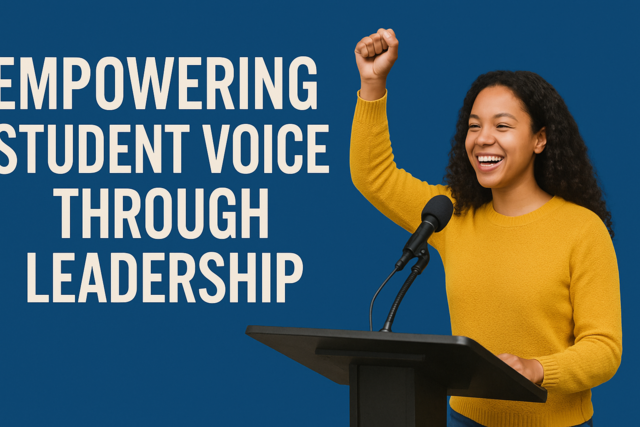 5 hours
0.5 CEUs
Empowering Student Voice through Leadership
+ More Info
5 hours
0.5 CEUs
Empowering Student Voice through Leadership
+ More Info
-
 5 hours
0.5 CEUs
Inclusive Sports and Physical Education for Special Needs
+ More Info
5 hours
0.5 CEUs
Inclusive Sports and Physical Education for Special Needs
+ More Info
-
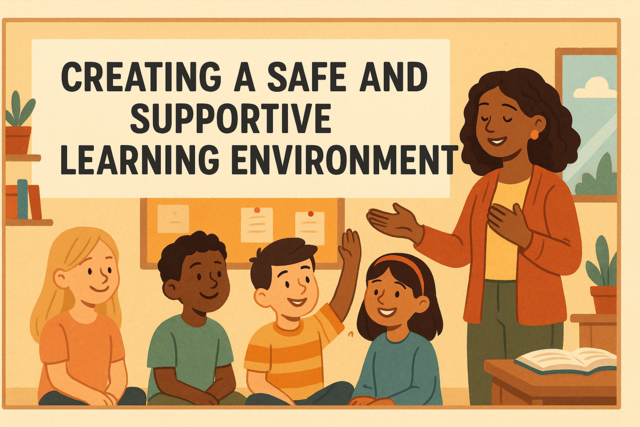 5 hours
0.5 CEUs
Creating a Safe and Supportive Learning Environment
+ More Info
5 hours
0.5 CEUs
Creating a Safe and Supportive Learning Environment
+ More Info
-
 7 hours
0.7 CEUs
Iconoclasts of Style: Revolutionary Figures in Modern Fashion
+ More Info
7 hours
0.7 CEUs
Iconoclasts of Style: Revolutionary Figures in Modern Fashion
+ More Info
-
 7 hours
0.7 CEUs
The Unseen Energies in the Universe
+ More Info
7 hours
0.7 CEUs
The Unseen Energies in the Universe
+ More Info
-
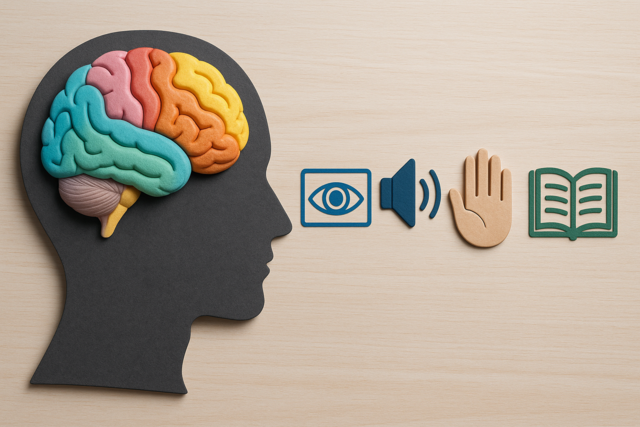 7 hours
0.7 CEUs
Understanding Learning Styles and Preferences
+ More Info
7 hours
0.7 CEUs
Understanding Learning Styles and Preferences
+ More Info
-
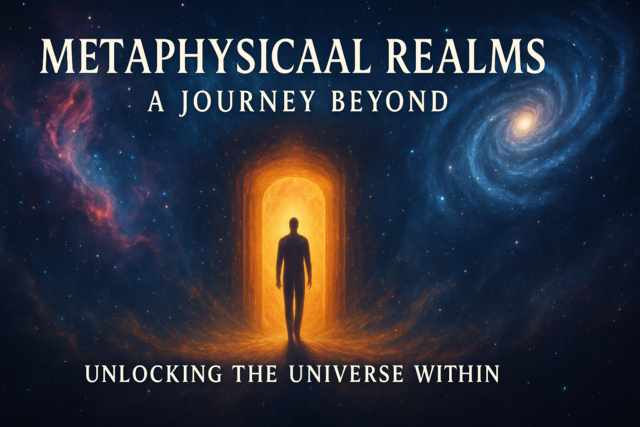 5 hours
0.5 CEUs
Metaphysical Realms: A Journey Beyond
+ More Info
5 hours
0.5 CEUs
Metaphysical Realms: A Journey Beyond
+ More Info
-
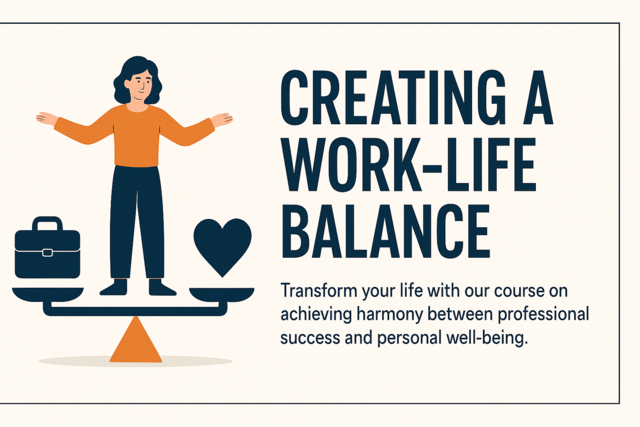 6 hours
0.6 CEUs
Creating a Work-Life Balance
+ More Info
6 hours
0.6 CEUs
Creating a Work-Life Balance
+ More Info
-
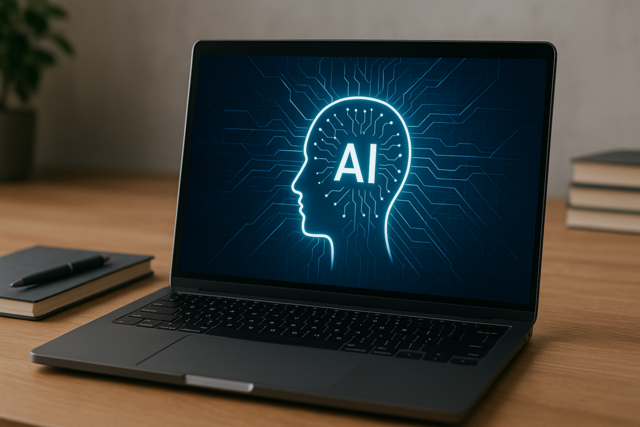 4 hours
0.4 CEUs
Understanding Artificial Intelligence
+ More Info
4 hours
0.4 CEUs
Understanding Artificial Intelligence
+ More Info
-
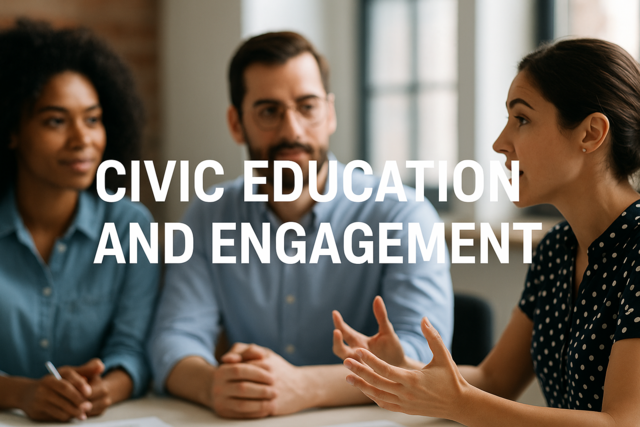 7 hours
0.7 CEUs
Civic Education and Engagement
+ More Info
7 hours
0.7 CEUs
Civic Education and Engagement
+ More Info
-
 4 hours
0.4 CEUs
Elite Ensembles: Crafting Timeless Women's Looks
+ More Info
4 hours
0.4 CEUs
Elite Ensembles: Crafting Timeless Women's Looks
+ More Info
-
 7 hours
0.7 CEUs
Exquisite Ensembles: Curating a Modern Luxury Wardrobe
+ More Info
7 hours
0.7 CEUs
Exquisite Ensembles: Curating a Modern Luxury Wardrobe
+ More Info
-
 6 hours
0.6 CEUs
Mysterious Forces in the Cosmos
+ More Info
6 hours
0.6 CEUs
Mysterious Forces in the Cosmos
+ More Info
-
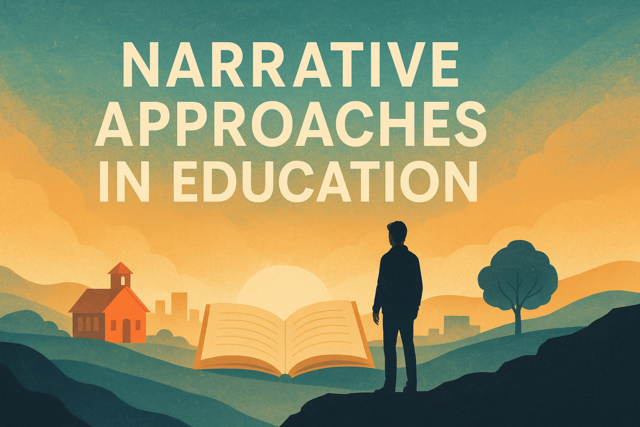 6 hours
0.6 CEUs
Narrative Approaches in Education
+ More Info
6 hours
0.6 CEUs
Narrative Approaches in Education
+ More Info
-
 6 hours
0.6 CEUs
Holistic Nutrition: Fueling Your Body and Mind
+ More Info
6 hours
0.6 CEUs
Holistic Nutrition: Fueling Your Body and Mind
+ More Info
-
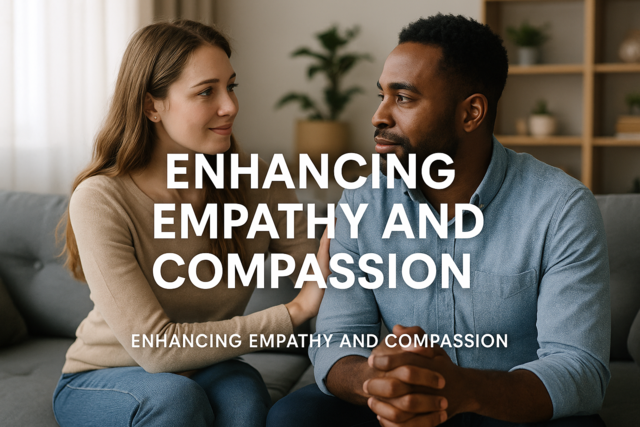 7 hours
0.7 CEUs
Enhancing Empathy and Compassion
+ More Info
7 hours
0.7 CEUs
Enhancing Empathy and Compassion
+ More Info
-
 6 hours
0.6 CEUs
Healing from Narcissism: Paths to Recovery and Healthy Dynamics
+ More Info
6 hours
0.6 CEUs
Healing from Narcissism: Paths to Recovery and Healthy Dynamics
+ More Info
-
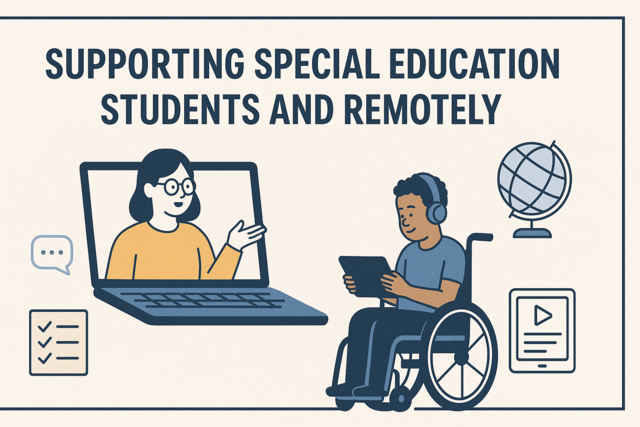 5 hours
0.5 CEUs
Supporting Special Education Students Virtually and Remotely
+ More Info
5 hours
0.5 CEUs
Supporting Special Education Students Virtually and Remotely
+ More Info
-
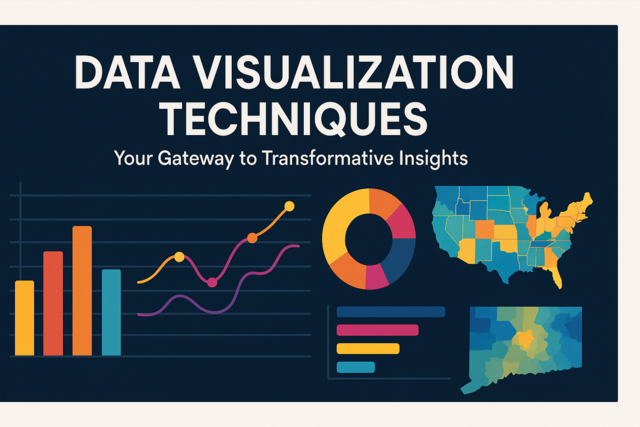 5 hours
0.5 CEUs
Data Visualization Techniques
+ More Info
5 hours
0.5 CEUs
Data Visualization Techniques
+ More Info
-
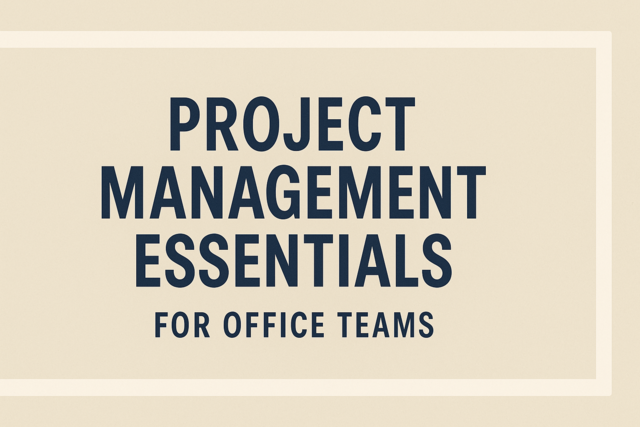 7 hours
0.7 CEUs
Project Management Essentials for Office Teams
+ More Info
7 hours
0.7 CEUs
Project Management Essentials for Office Teams
+ More Info
-
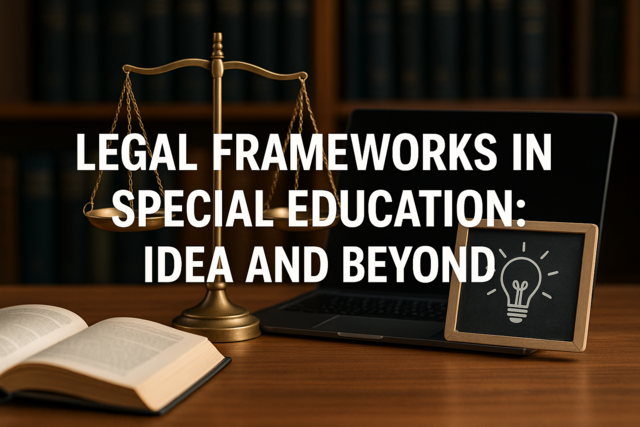 7 hours
0.7 CEUs
Legal Frameworks in Special Education: IDEA and Beyond
+ More Info
7 hours
0.7 CEUs
Legal Frameworks in Special Education: IDEA and Beyond
+ More Info
-
 3 hours
0.3 CEUs
Functional Behavior Assessments: Conducting and Analyzing
+ More Info
3 hours
0.3 CEUs
Functional Behavior Assessments: Conducting and Analyzing
+ More Info
-
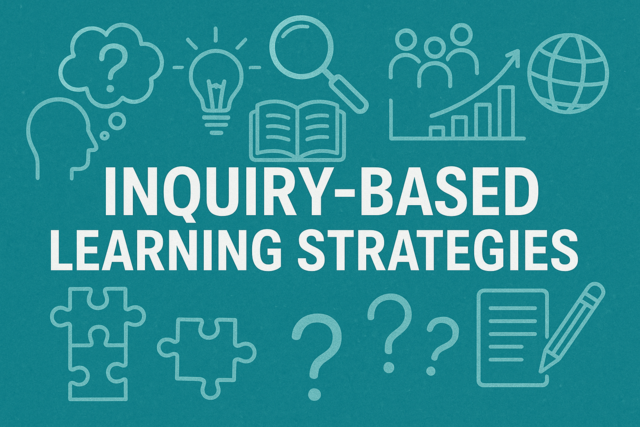 5 hours
0.5 CEUs
Inquiry-Based Learning Strategies
+ More Info
5 hours
0.5 CEUs
Inquiry-Based Learning Strategies
+ More Info
-
 3 hours
0.3 CEUs
The Science of Happiness in Family Life
+ More Info
3 hours
0.3 CEUs
The Science of Happiness in Family Life
+ More Info
-
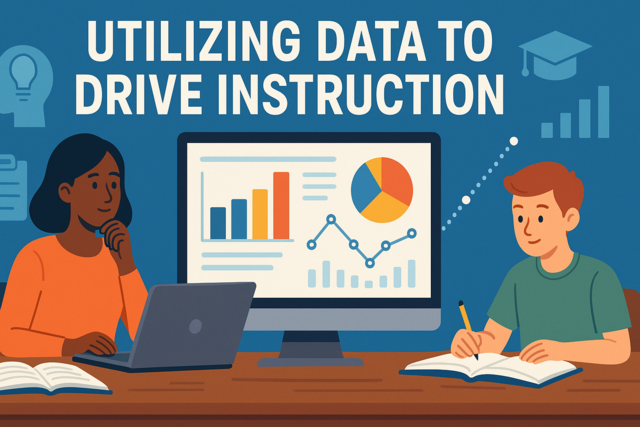 5 hours
0.5 CEUs
Utilizing Data to Drive Instruction
+ More Info
5 hours
0.5 CEUs
Utilizing Data to Drive Instruction
+ More Info
-
 5 hours
0.5 CEUs
Advanced Excel for Data Management
+ More Info
5 hours
0.5 CEUs
Advanced Excel for Data Management
+ More Info
-
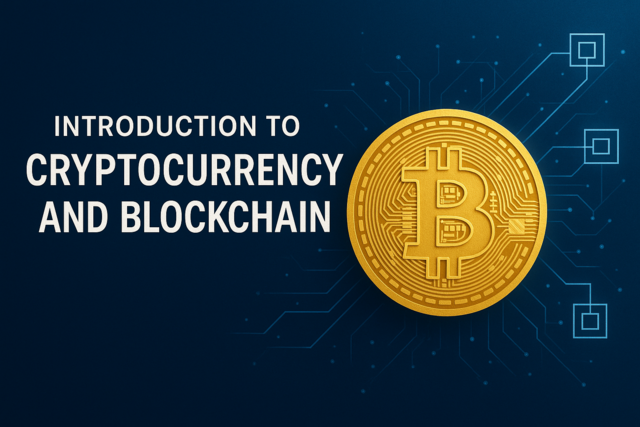 7 hours
0.7 CEUs
Introduction to Cryptocurrency and Blockchain
+ More Info
7 hours
0.7 CEUs
Introduction to Cryptocurrency and Blockchain
+ More Info
-
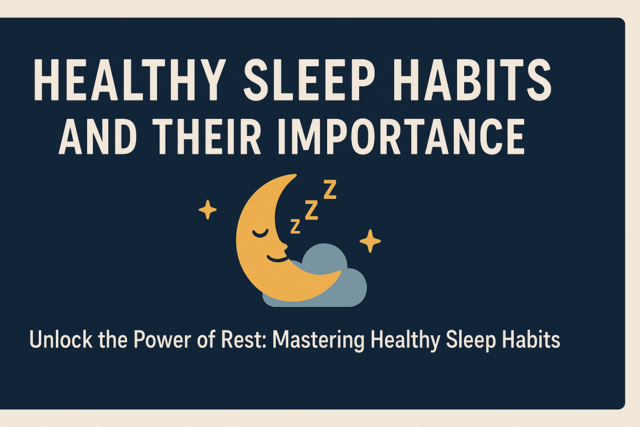 7 hours
0.7 CEUs
Healthy Sleep Habits and Their Importance
+ More Info
7 hours
0.7 CEUs
Healthy Sleep Habits and Their Importance
+ More Info
-
 6 hours
0.6 CEUs
Beyond Glamour: Women's Luxury Fashion Unveiled
+ More Info
6 hours
0.6 CEUs
Beyond Glamour: Women's Luxury Fashion Unveiled
+ More Info
-
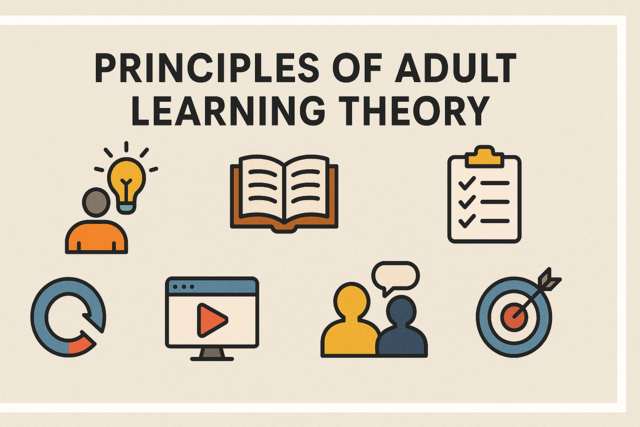 4 hours
0.4 CEUs
Principles of Adult Learning Theory
+ More Info
4 hours
0.4 CEUs
Principles of Adult Learning Theory
+ More Info
-
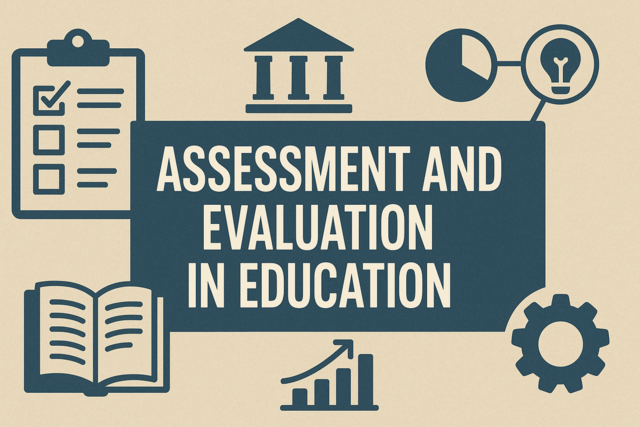 6 hours
0.6 CEUs
Assessment and Evaluation in Education
+ More Info
6 hours
0.6 CEUs
Assessment and Evaluation in Education
+ More Info
-
 7 hours
0.7 CEUs
Emotional Detox: Clearing Pathways to Better Relationships
+ More Info
7 hours
0.7 CEUs
Emotional Detox: Clearing Pathways to Better Relationships
+ More Info
-
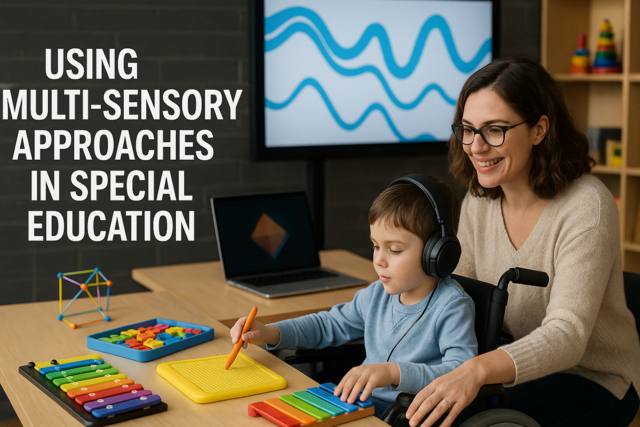 7 hours
0.7 CEUs
Using Multi-Sensory Approaches in Special Education
+ More Info
7 hours
0.7 CEUs
Using Multi-Sensory Approaches in Special Education
+ More Info
-
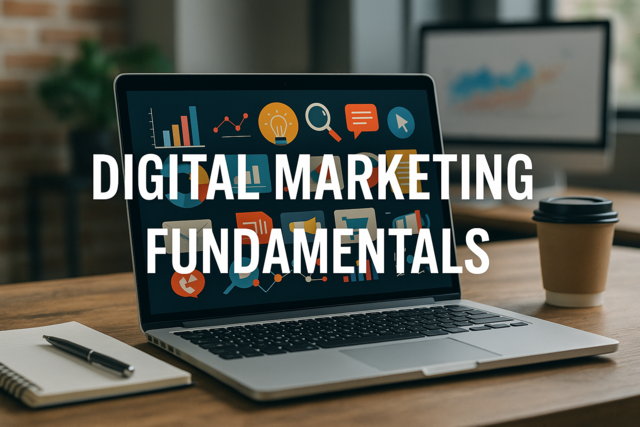 6 hours
0.6 CEUs
Digital Marketing Fundamentals
+ More Info
6 hours
0.6 CEUs
Digital Marketing Fundamentals
+ More Info
-
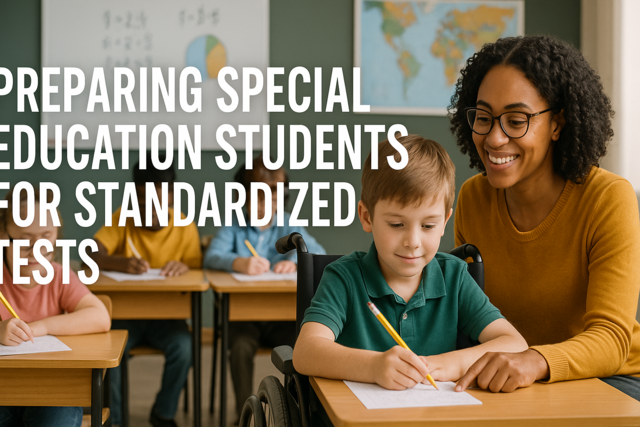 3 hours
0.3 CEUs
Preparing Special Education Students for Standardized Tests
+ More Info
3 hours
0.3 CEUs
Preparing Special Education Students for Standardized Tests
+ More Info
-
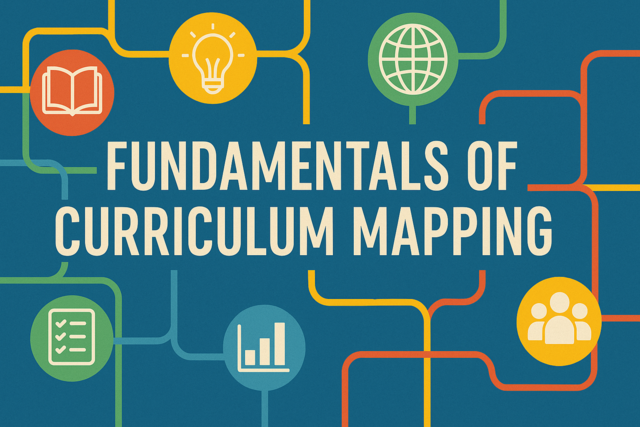 5 hours
0.5 CEUs
Fundamentals of Curriculum Mapping
+ More Info
5 hours
0.5 CEUs
Fundamentals of Curriculum Mapping
+ More Info
-
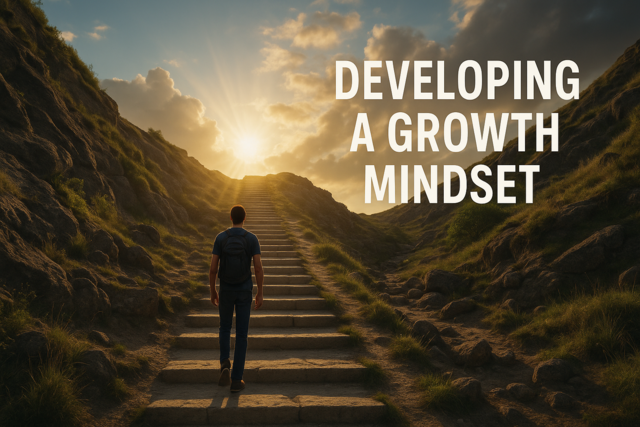 5 hours
0.5 CEUs
Developing a Growth Mindset
+ More Info
5 hours
0.5 CEUs
Developing a Growth Mindset
+ More Info
-
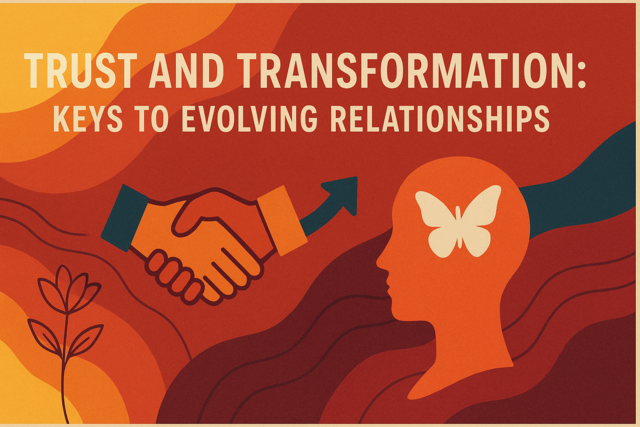 4 hours
0.4 CEUs
Trust and Transformation: Keys to Evolving Relationships
+ More Info
4 hours
0.4 CEUs
Trust and Transformation: Keys to Evolving Relationships
+ More Info
-
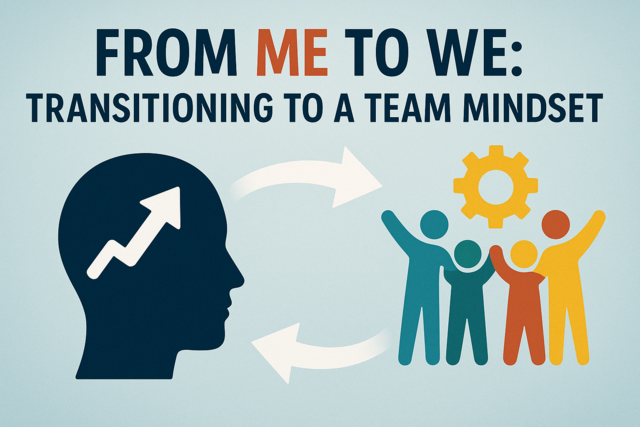 3 hours
0.3 CEUs
From Me to We: Transitioning to a Team Mindset
+ More Info
3 hours
0.3 CEUs
From Me to We: Transitioning to a Team Mindset
+ More Info
-
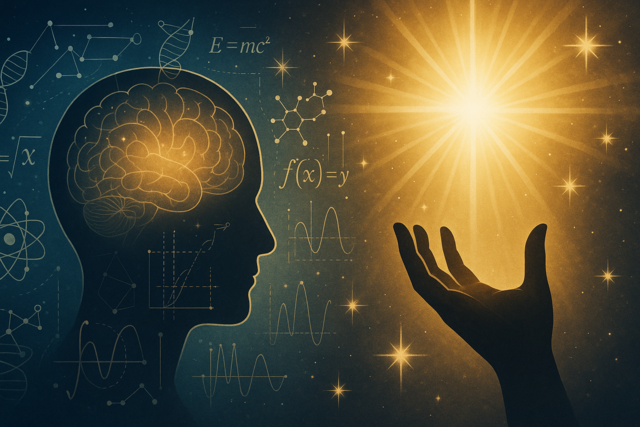 7 hours
0.7 CEUs
The Science of Miracles: When Logic Defies Understanding
+ More Info
7 hours
0.7 CEUs
The Science of Miracles: When Logic Defies Understanding
+ More Info



